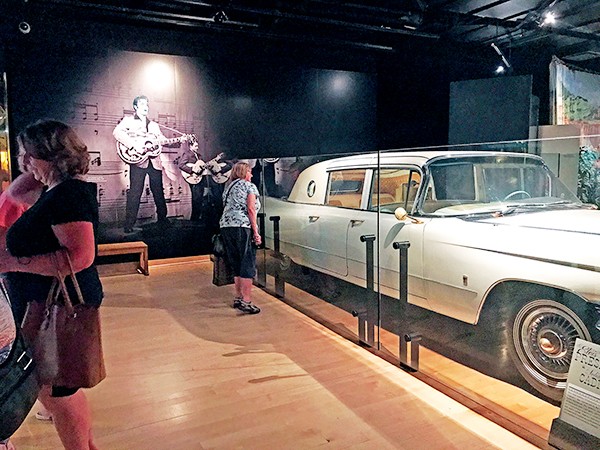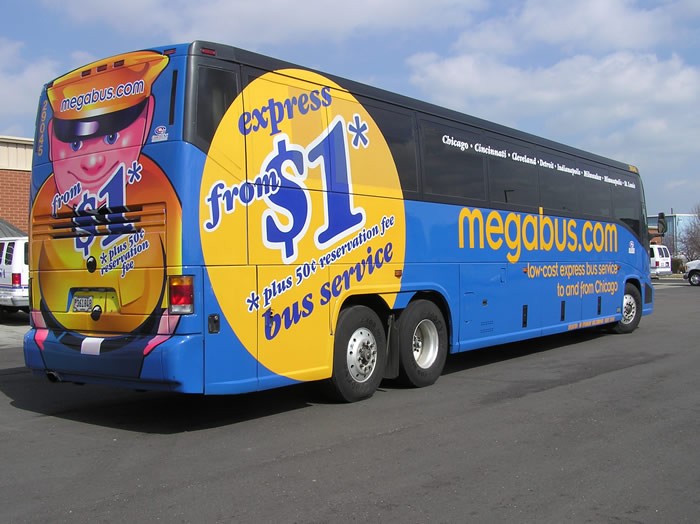As Memphians often see it, there is a certain amount of disingenuousness in the way Nashville, the rival sister city up the road, presents its relationship to Elvis Presley. In 2012, the 35th anniversary of the King’s passing right here at Graceland, Tennessee’s capital city was not about to play, er, second fiddle in its appreciation of such an icon. “Music City,” as it styles itself, organized a bigger than usual week-long festival in Elvis’ honor from August 10 to August 18 of that year, calling it simply “Elvis Week,”in the mode of the simultaneous rites held annually in Memphis.
A book by one Don Cuso was released in sync with the festival. Promotional material for the volume, called simply “Elvis and Nashville,” defined the relationship between the two honorees of its title as follows:
”Elvis Presley and Nashville were connected from his the earliest days of his career. In 1954 he appeared on the Grand Ole Opry and recorded his first number one hit, “Heartbreak Hotel” in Nashville in 1956. Elvis’ manager, Colonel Tom Parker, lived in Nashville and Elvis’ fan club activities and merchandising were headquartered in Parker’s office. Elvis recorded 260 songs in RCA Studio B and performed several concerts in the area. “Elvis and Nashville” documents the connection between Elvis and the city known as ‘Music City U.S.A.’”
Fair enough, but it is also fair to fill in some of the blanks implicit in that description — a couple of them in a single sentence. Yes, the 19-year-old Elvis, fresh on the fame of his first recording for Sam Phillips’ Sun Records back home, did manage to get booked on the Opry, but his experience was less glorious than traumatic.
 Jackson Baker
Jackson Baker
In its listing of the legendary Ryman Auditorium among other Elvis-related sites available to tourists during that 2012 Elvis Week, the tourist-oriented web page visitmusiccity.com described things this way: “After Elvis sang the great Bill Monroe hit, ‘Blue Moon of Kentucky,’ Opry manager Jim Denny reported that Elvis was ‘not bad’ but did not fit the program; therefore he was not invited back.”
More forthcoming historical sources call it less daintily: Denny told the blues-inflected, kinetically active young singer to go back to his former day job, driving trucks. Instead Elvis returned to Phillips’ Union Avenue studio in home-town Memphis, determined to keep on evolving a style under the master. Just as importantly, he hooked up with the Opry’s main competitor, the Louisiana Hayride, out of Shreveport, doing weekly broadcasts that built his reputation as a performer and led to tours that expanded both his audience and his geometrically increasing regional fame.
Along the way, Elvis picked up a canny, self-serving manager — one “Colonel” Tom Parker, as he called himself, a Dutch-born former carny who had settled in Nashville as a talent manager for acts like Eddy Arnold, the “Tennessee Plowboy,” and was far-sighted enough to see in Elvis a rough diamond bigger than the Ritz. Soon enough, Parker had engineered the sale of Elvis’ contract from Sun to RCA, the giant record company that had national clout and recording studios in Nashville.
And soon enough, too, Elvis had the aforementioned “Heartbreak Hotel” out under RCA auspices and with backing on the track from such Nashville luminaries as guitarist Chet Atkins and pianist Floyd Cramer. The song was more alt-country than the rawer multi-sourced rockabilly Presley had done at Sun, though it kept to an eight-bar blues progression, like so many of the Memphis studio sides..
A sidelight to that historical moment: in 1981 the two back-to-back speakers at the annual Elvis seminar at Memphis State University were Mae Axton of Nashville, author of “Heartbreak Hotel,” and the great Phillips, author of Elvis Presley and, by near consensus, of rock and roll itself. Axton’s account of the importance of her song in launching Elvis as a world-wide phenomenon must have seemed to Phillips nothing less than an undue appropriation,
In any case, when he took the stage in her wake, he was in something of a rage. “Goddamn!” he kept saying, alternatingly with none-too-fond mentions of Axton’s name, until finally he was able to settle into his own remarks.
It should be said that, in his later years, Phillips expressed himself more equably about Axton’s — and Nashville’s — contribution to Elvis’ canon and his legend, even as Presley’s (and Phillips’) preeminent biographer, Peter Guralnick, who recently concluded 12 years as writer-in-residence at Vanderbilt, acknowledges that his focus on the Sun sides in his classic, oft-reprinted article on Elvis in the 1976 edition of The Rolling Stone Illustrated History of Rock & Roll had evolved into an enhanced appreciation of the King’s later recordings in Nashville — notably in the post-Army years of 1960 to 1962. Those sides, like many others recorded by Elvis at Chips Moman’s American Studio, are collected in the box set From Nashville to Memphis: the Essential ‘60s Masters.
Sibling rivalries notwithstanding, the two musically notable Tennessee cities each have a just claim to the legacy of Elvis Presley, and each is entitled to trumpet the fact during this week of commemorating the King in the 40th anniversary year of his passing.
But we all know where Graceland is, now, don’t we? And the newest box set of Elvis’ music, A Boy from Tupelo: the Complete 1953-1955 Recordings, reviewed in this issue by Alex Greene, is what you might call the Ur-Elvis. And it’s on our end of the road.
